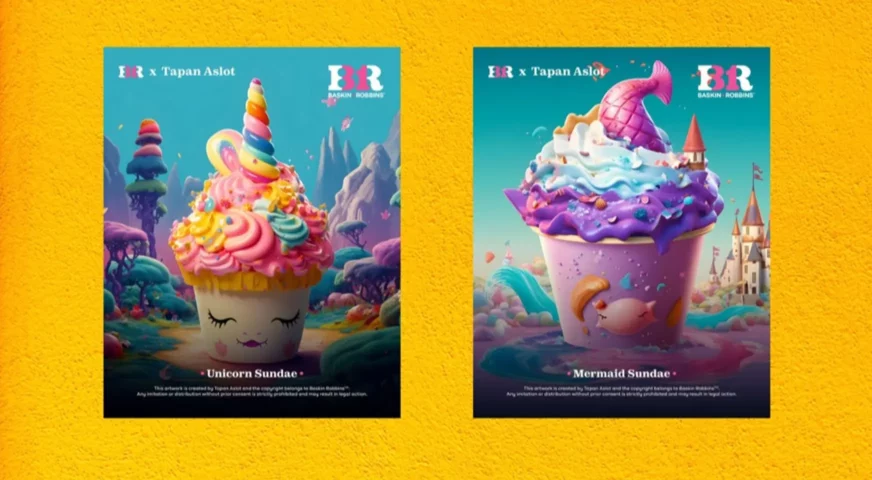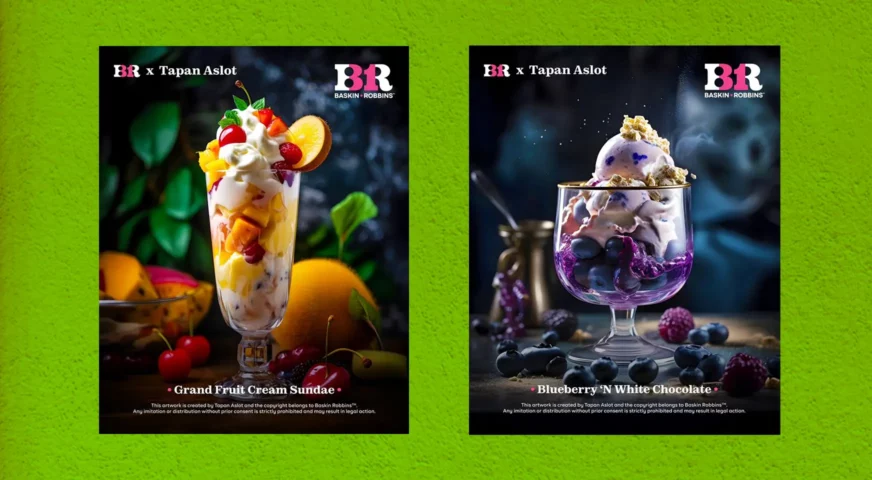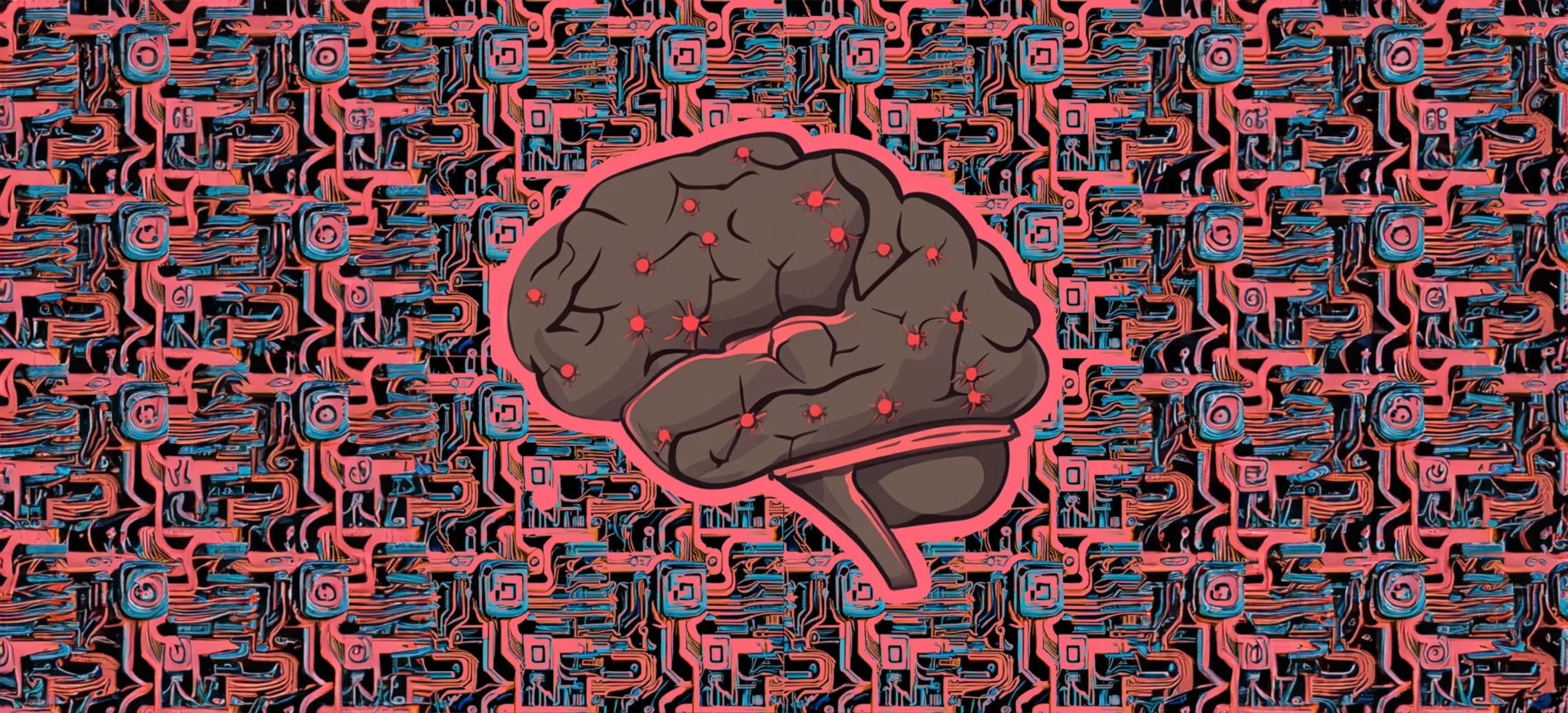Strategist, Nico Bryan, investigates whether we should fear or favour AI
Halloween is here. A time for pumpkin spiced lattes, poorly executed costumes, and poltergeist fuelled films. All in the aim of preparing us to be thoroughly spooked on one day of the year. What seems to have people positively spooked on a daily basis, however, is generative AI. Described as ‘an algorithm that allows computers to generate new and original content by learning from data samples,’ it sounds both sinless and sinister. But is this fear unfounded?
“AI might ‘escape control’ by rewriting its own code to modify itself. That took a nasty turn…”
Now, fear of computers is nothing new. As you know, it has informed many sci-fi thrillers through time, not least in Stanley Kubrick’s 2001: A Space Odyssey when HAL – the 9000 Series computer – becomes a conscientious objector to human command. And in many ways, Kubrick’s classic film has had prophetic foresight. Computational capability has skyrocketed; artificial intelligence is meeting the mainstream; and the so-called ‘Godfather of AI,’ Geoffrey Hinton, fears that AI might ‘escape control’ by rewriting its own code to modify itself. That took a nasty turn.
So why is that when you type ‘Should we be scared of…’ into Google, the first autofill prompt is ‘AI’? Well, it’s not because robots are going to take over the world, at least not imminently (we hope).
“The primary fear is that generated AI will render human ideation, initiative, and output as obsolete.”
Rather, the primary fear is that generated AI will render human ideation, initiative, and output as obsolete. This is particularly prevalent in the marketing industry, where 51% of workers worry that human generated graphic design, advertising and copywriting are all going to be usurped by this infinitely unique, imaginative and efficient alternative.
Meanwhile, from the perspective of brands, obviously generative AI does further muddy the grey areas regarding creative IP. We’ll leave you to talk to our friends at Stobbs (IP Law Firm) about that box of frogs.
There is, of course, no denying that generative AI will dramatically change people’s working lives, but this doesn’t necessarily imply displacement. It’s important to remember that generative AI is still reliant on the data it’s been given. This means it can’t create anything inherently ‘new,’ nor can it emote, and nor can it story tell in the same way as a human. The same can be said for the immensely imaginative content created on systems like Dall-E and Midjourney – a good example being the Baskin Robbins x Tapan Aslot campaign to launch Baskin’s new ice-cream flavours. The Midjourney artist, Tapan, ‘designed’ the imagery through a series of instructions, or ‘prompts,’ but the platform itself delivered the final output.


The implications here are twofold: first, it’s pivotal that employees are prepared for the change, as we saw with the inception of the internet; and second, that we see the potential for new jobs in AI. For instance, there are now over 2,500 ‘Prompt Engineer’ vacancies in the UK alone.
As ChatGPT honourably concluded, ‘while fears surrounding AI are valid, they should not overshadow the immense potential it holds for humanity. AI should be embraced as a means to enhance our existence, not erase it.’ So as we celebrate Halloween, I ask that you rest easy in the knowledge that the very thing we’re worried about has told us not to worry at all. Read into that as you will.
